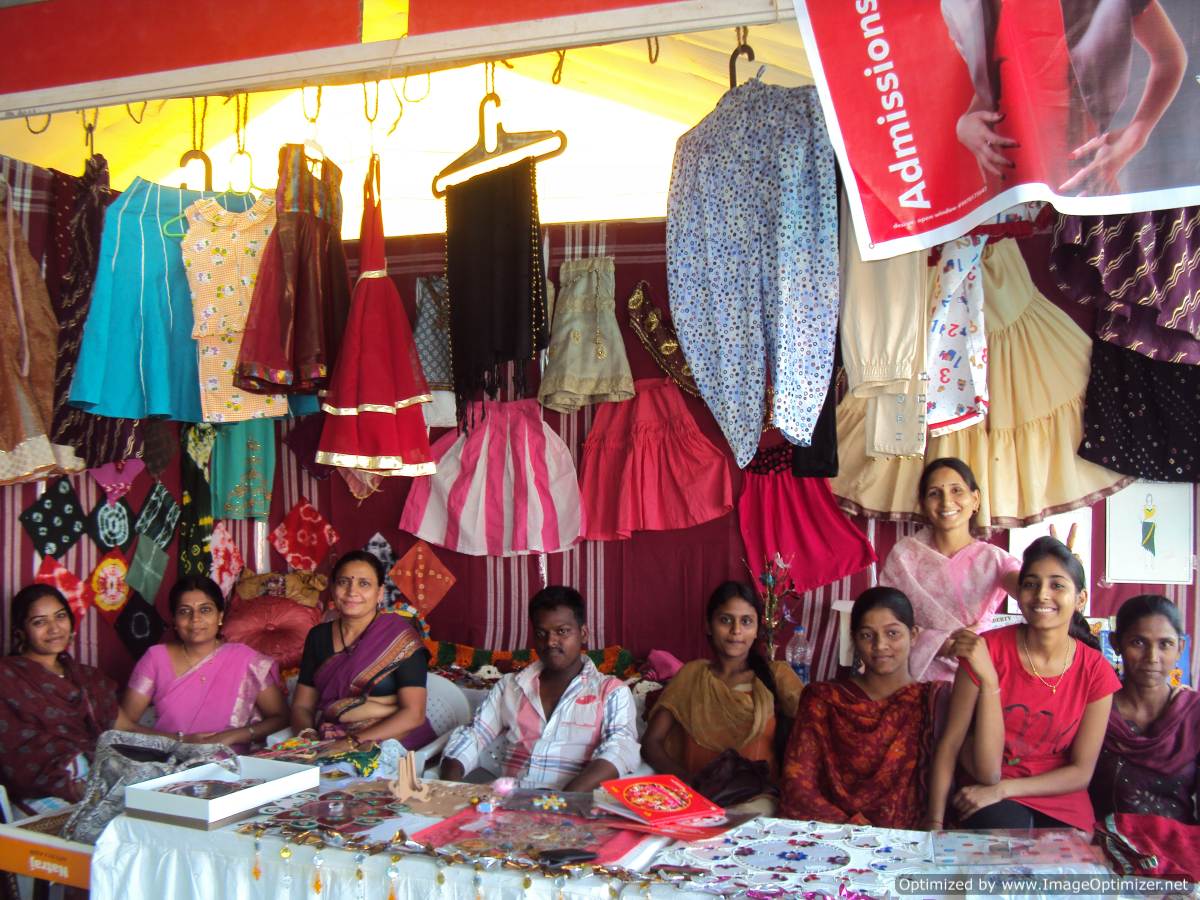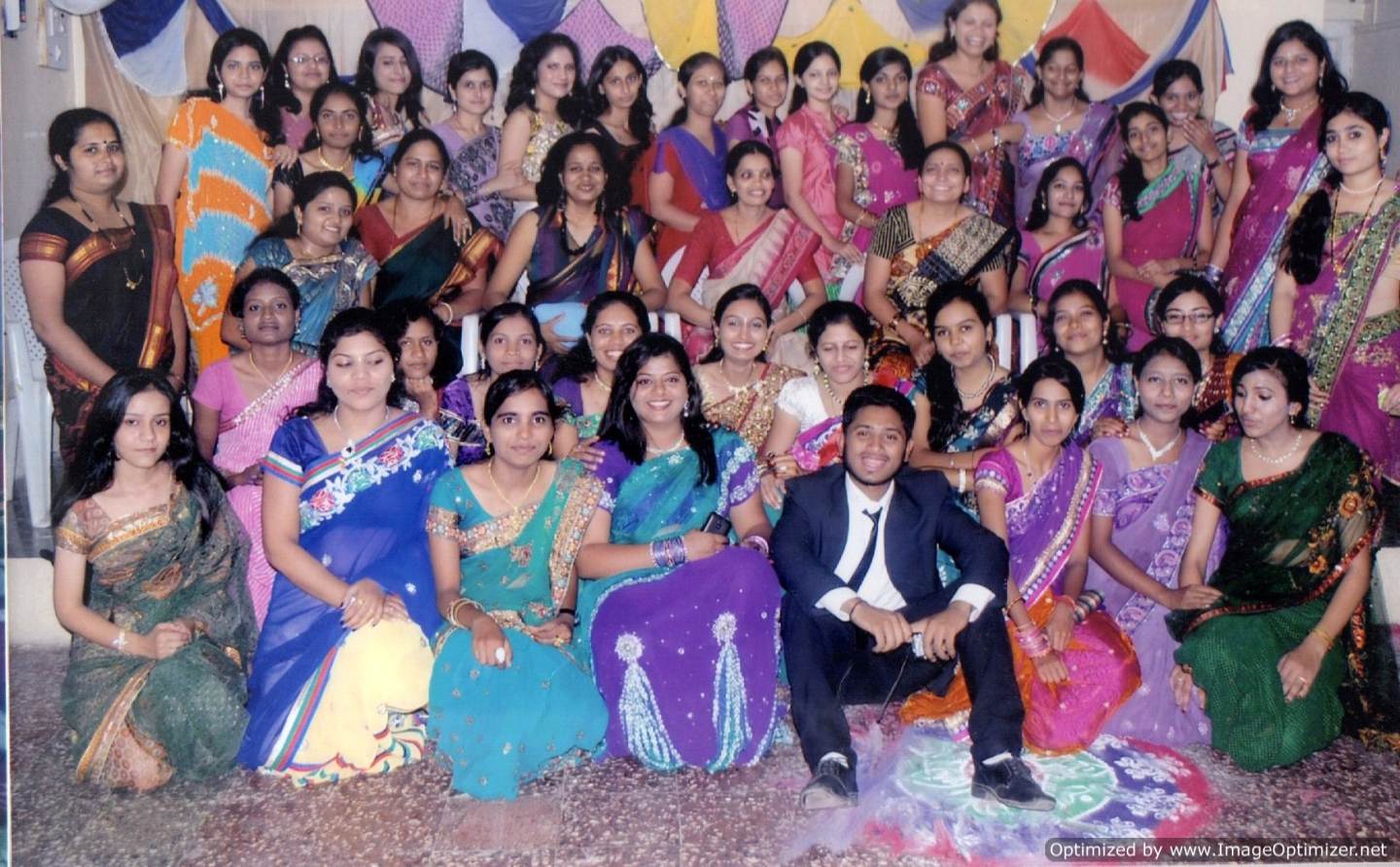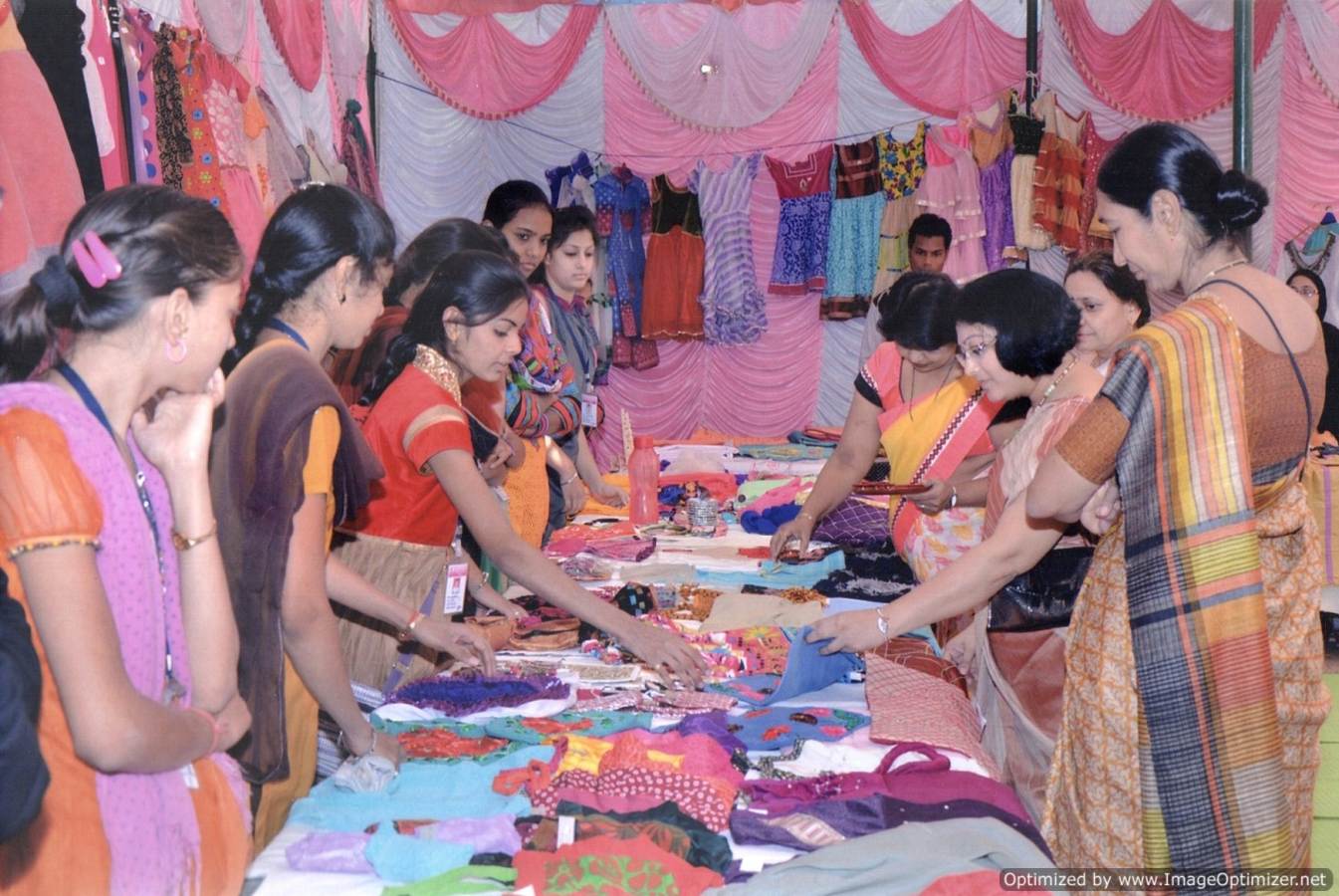Introduction: Every year, students of professional courses are fortunate to embark on a remarkable journey known as the study tour. These tours aim to provide students with invaluable practical exposure, offering them a platform to gain knowledge, exchange ideas, and explore well-known industries throughout India. The objective is to bridge the gap between theoretical concepts and real-world applications, allowing students to witness firsthand the inner workings of their chosen fields. In this article, we will delve into the significance of study tours and how they enhance the learning experience for aspiring professionals.
- Practical Exposure: Study tours offer students the opportunity to step out of the classroom and into the real world, where they can witness industry practices and processes up close. By observing and interacting with professionals in their respective fields, students gain valuable insights that go beyond what textbooks can provide. They can see how theoretical knowledge is applied in practical situations, thereby enhancing their understanding and preparing them for future challenges.
- Industry Insights: Visiting well-known industries as part of a study tour exposes students to the latest trends, technologies, and practices prevailing in their chosen fields. They can witness the cutting-edge innovations and advancements being made, gaining a comprehensive understanding of the industry’s current landscape. This firsthand exposure helps students develop a broader perspective, enabling them to analyze and adapt to industry dynamics more effectively.
- Networking Opportunities: Study tours also provide an excellent platform for students to network with industry professionals. Through interactions, students can establish connections, seek guidance, and even explore potential internship or job opportunities. Networking allows students to build relationships and gain valuable industry contacts, which can prove beneficial for their future career growth.
- Knowledge and Idea Exchange: One of the primary objectives of study tours is to facilitate knowledge and idea exchange among students. By visiting different industries and interacting with peers from diverse backgrounds, students can engage in discussions, share experiences, and learn from each other. This collaborative learning environment fosters creativity, encourages innovative thinking, and broadens their horizons.
Conclusion: Study tours play a crucial role in enhancing the overall learning experience for students pursuing professional courses. They provide a platform for practical exposure, industry insights, networking, and knowledge exchange. By immersing themselves in real-world scenarios, students can bridge the gap between theory and practice, preparing themselves to become well-rounded professionals in their respective fields. The memories and lessons gained from study tours remain invaluable throughout their careers, guiding them towards success.




